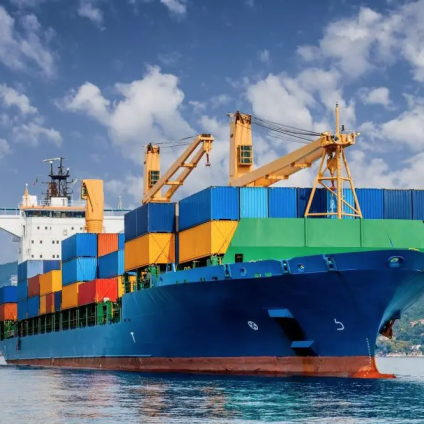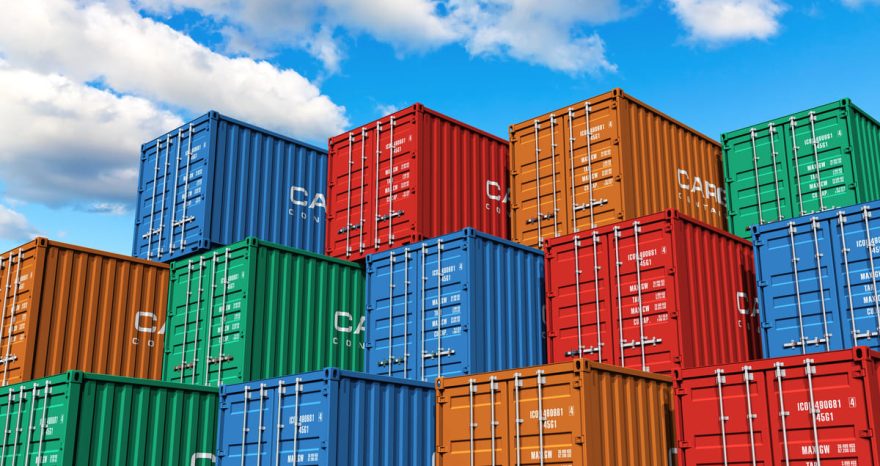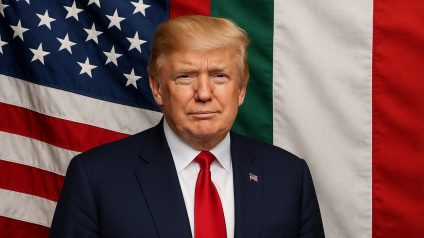Original news Al last reunion of the marine International Organization tied to the Un, for the first time in 10 years a majority has been created in order to fix a carbon price to the naval section
The shipping emissions are 3% of the total
(Sustainabilityenvironment.com) – After 10 years of back and forth, the shipping sector finally says yes to introducing a carbon price as a measure to cut ship emissions. It is what has emerged during the last encounter of the Imo, the International Marine Organization that coordinates the naval industry under aegis Un.
For the organizations that monitor the intense activities of the Imo, the step ahead on the emissions of the ships is a “great development“. Never before shipping had agreed to give the ok to measures “based on the market”. “A growing consensus has been reached on the need for a basket of measures that combine a technical element, such as a fuel standard, with an economic element, such as a market-based measure,” explains Aly Shaw of UMAS, a consultancy working on ship emissions together with the Energy Institute of University College London.
“Broad support has also been expressed for a “Well-to-Wake” approach that reduces absolute emissions and puts maritime transport on an alignment path to 1.5 ºF,” Shaw continues. “Perhaps the most encouraging aspect is that the majority of members have supported the need for a fair transition that leaves no one behind”.
The shipping sector is one of the most reluctant to adopt effective policies to reduce the carbon footprint. The shipping, altogether, produces almost 3% of the total emissions, pairs to approximately 1 Gt CO2e each year. And it is not on a trajectory of decarbonization: the emissions of the ships are increasing and of this step, they could reach a +130% in 2050 regarding the levels of 2008.
The breakthrough at the IMO came with the favorable vote of the countries with the most advanced economies. Who until now had always said no, to avoid shocks to the most important artery of world trade. Not only the EU and the US but also the UK and New Zealand have turned on the green light for the first time.













